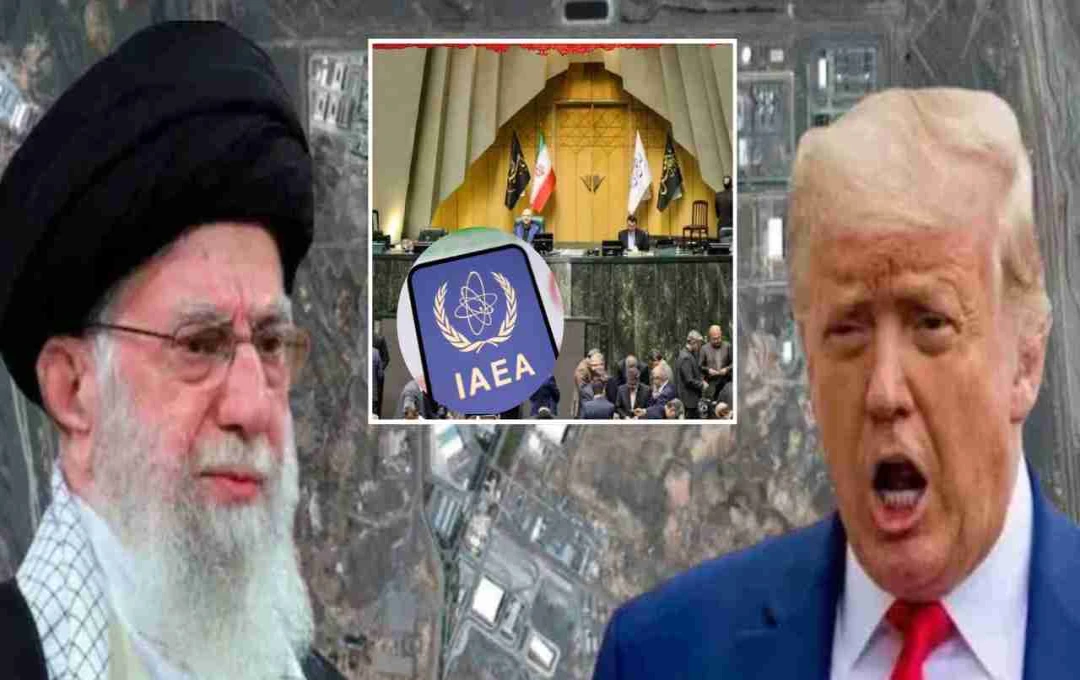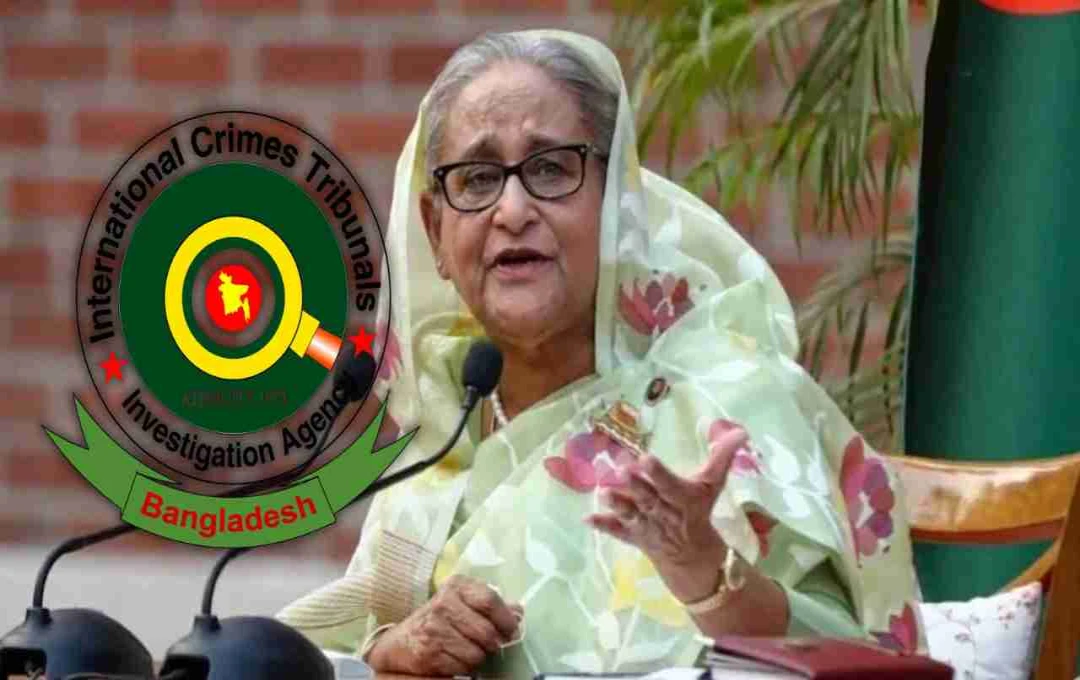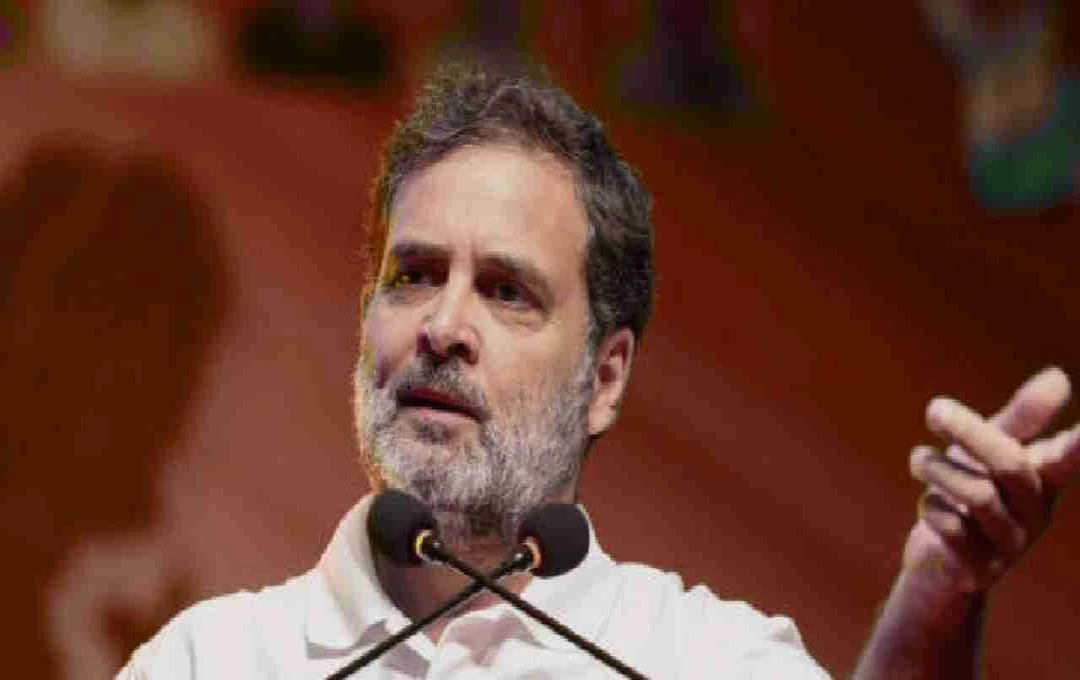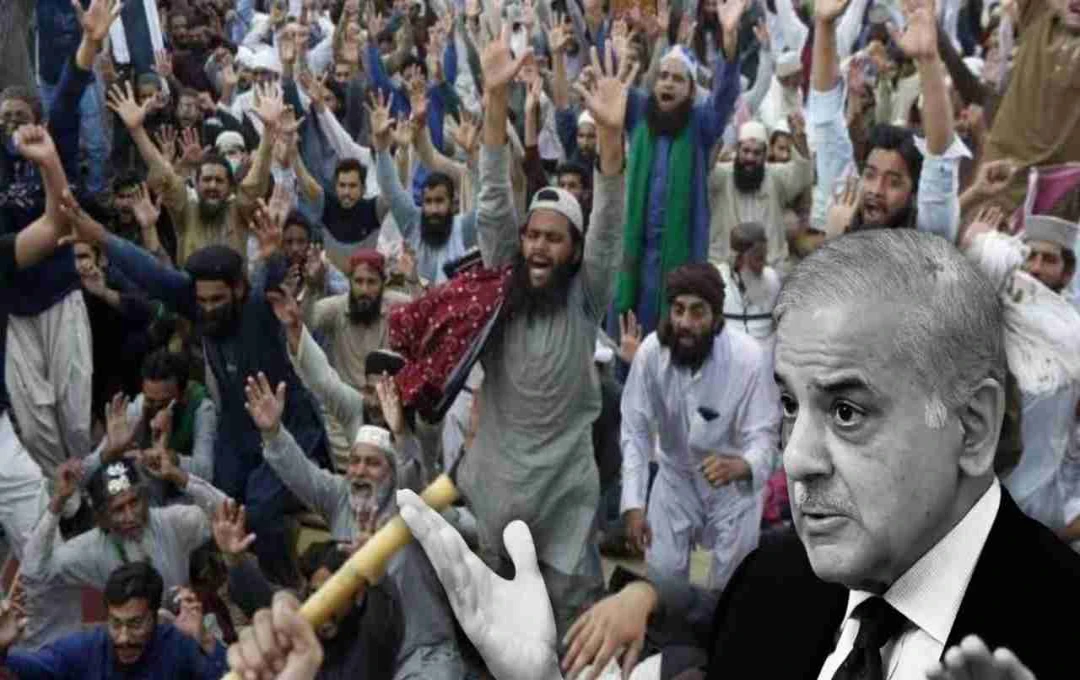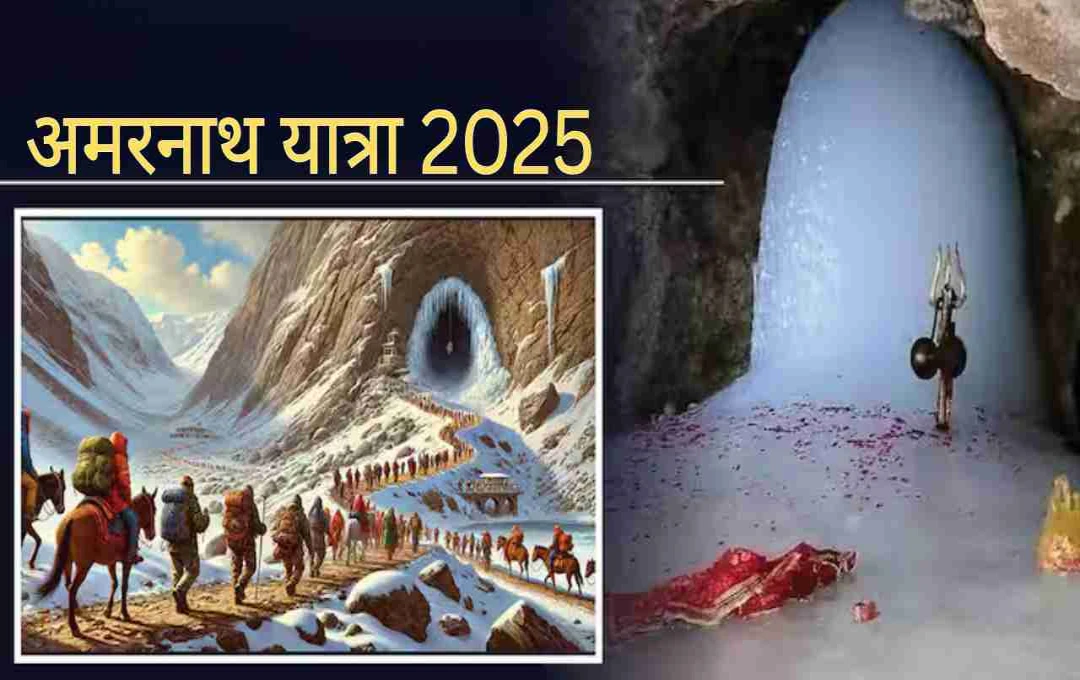Iranian President Masoud Pezeshkian issued an order on Wednesday to suspend cooperation with the International Atomic Energy Agency (IAEA). This decision comes in the wake of recent US airstrikes targeting some of Iran's key nuclear facilities.
Tehran: The situation in the Middle East appears to be escalating once again. Iranian President Masoud Pezeshkian made a decision on Wednesday that has created a stir worldwide. The President ordered the immediate suspension of the country's cooperation with the International Atomic Energy Agency (IAEA). This action was taken following recent air strikes by the United States and Israel on Iran's significant nuclear sites. Iranian state media confirmed the President's order, stating that it aligns with a law passed by the parliament, which was also approved by the constitutional oversight body.
Iran has long been under scrutiny from Western countries regarding its nuclear program. On June 13, 2025, Israel launched large-scale attacks on Iran's military and nuclear facilities, including key uranium enrichment centers like Natanz, Isfahan, and Fordow. Following this, on June 22, the United States continued the offensive with its own strikes. US President Donald Trump described these attacks as "completely destroying Iran's nuclear infrastructure." However, IAEA chief Rafael Grossi and US intelligence agencies claim that these attacks only paused Iran's nuclear program for a few months, not permanently.
Parliament Supported the Move, Now the President Orders It
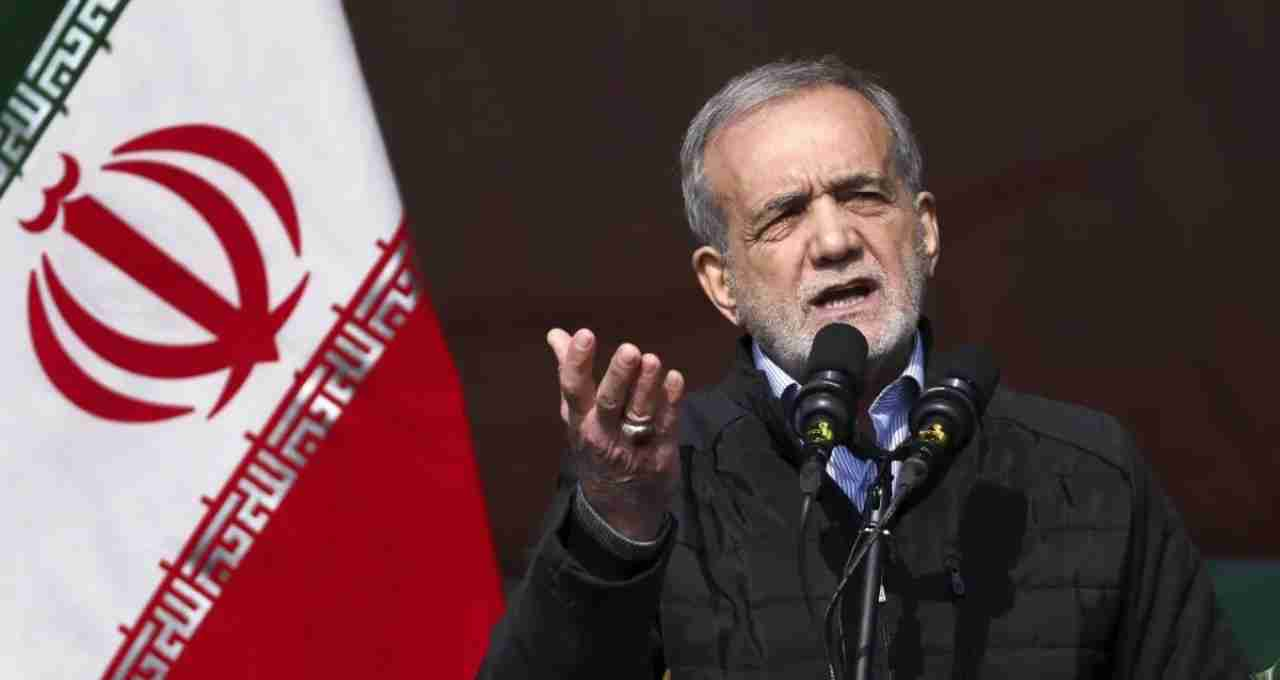
On June 25, 2025, the Iranian parliament passed a bill to end cooperation with the IAEA with a large majority of 221-0. Only one MP did not participate in the voting. This was subsequently passed by the Guardian Council and the country's Supreme National Security Council. Iran stated that it would not provide any reporting to the IAEA until it received international guarantees for the security of its nuclear facilities.
IAEA and Western Countries' Concerns Grow
The IAEA states that Iran has enriched uranium up to 60%, which is considered a significant step towards producing nuclear weapons. According to the organization, Iran possesses enough enriched uranium to create a nuclear bomb within a few weeks. By May 2024, Iran was producing uranium with a purity of 60%, while a purity of 3-4% is generally sufficient for peaceful purposes such as electricity generation.
The IAEA passed a resolution on June 12, 2025, stating that Iran has not been adhering to its non-proliferation responsibilities since 2019, and if this continues, the matter may be referred to the United Nations Security Council. In response, Iran announced the opening of new uranium enrichment plants and the installation of advanced centrifuges.
Iran Angered by Attacks, Accuses IAEA of Discrimination
Iran claims that the IAEA did not condemn the attacks by the United States and Israel, raising questions about its impartiality. Iranian Supreme Leader Ayatollah Ali Khamenei said in a speech on June 26, "We have given a b response to both America and Israel, and we will continue to do so." He indicated that Iran would not trust the IAEA until it plays an impartial role.
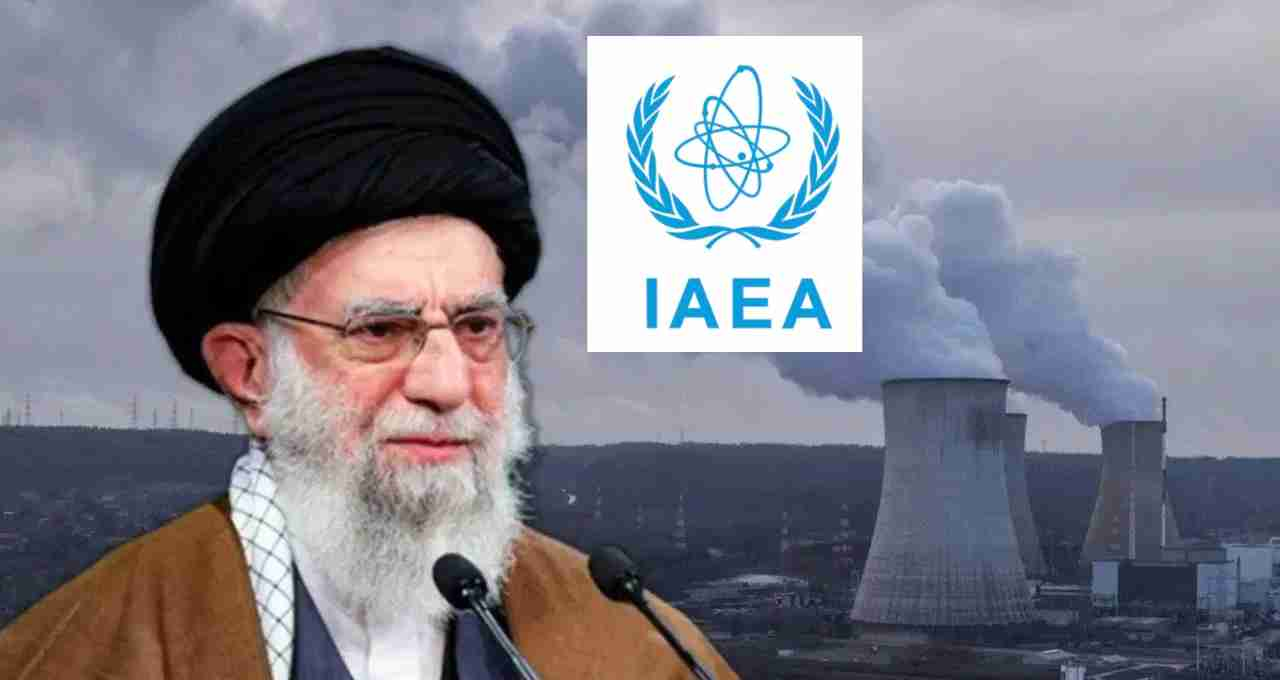
IAEA Director General Rafael Grossi, however, described Iran's decision as very concerning and said that it would make monitoring the nuclear program almost impossible. He stated that if Iran completely ceased cooperation, it would be difficult to bring it back within the framework of transparency.
Global Politics in Turmoil
The United States and Israel have expressed their displeasure with Iran's move. Both countries believe that it significantly increases the likelihood of Iran acquiring nuclear weapons. On the other hand, Russia and China, while questioning the IAEA's role, have called Iran's move a "sovereign right." Experts believe that if the IAEA's monitoring is removed, Iran's nuclear program could advance rapidly, potentially triggering an arms race throughout the Middle East.
Many strategic affairs experts believe that if diplomatic efforts are not made in the coming months, there will be a risk of increased conflict between the United States, Israel, and Iran. The United Nations is also monitoring the situation, but the question is whether Iran can be persuaded to rejoin the IAEA. Or will this issue go so far that the nuclear crisis in the Middle East will deepen in the future?
